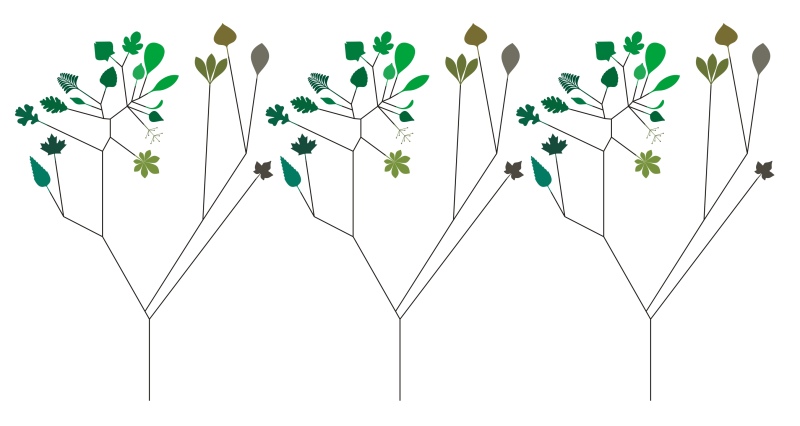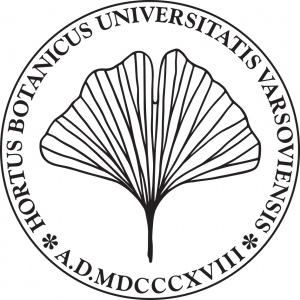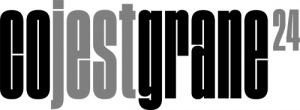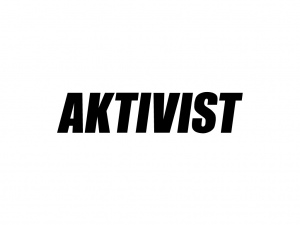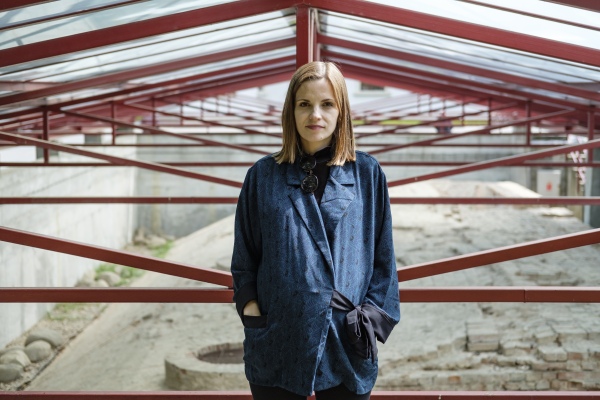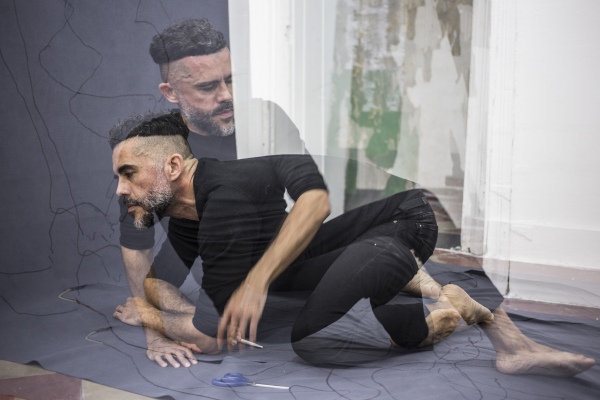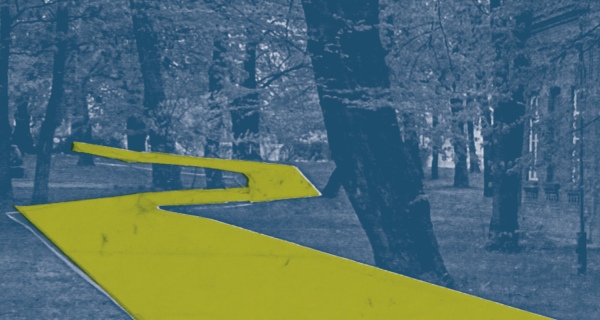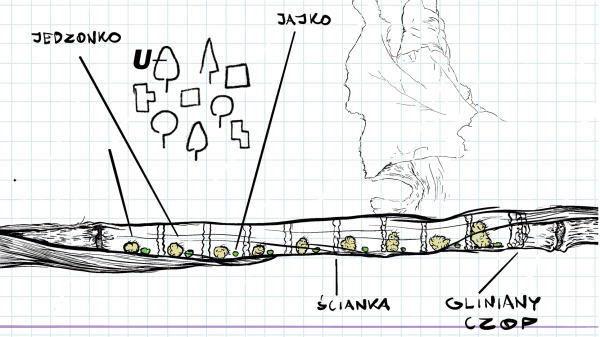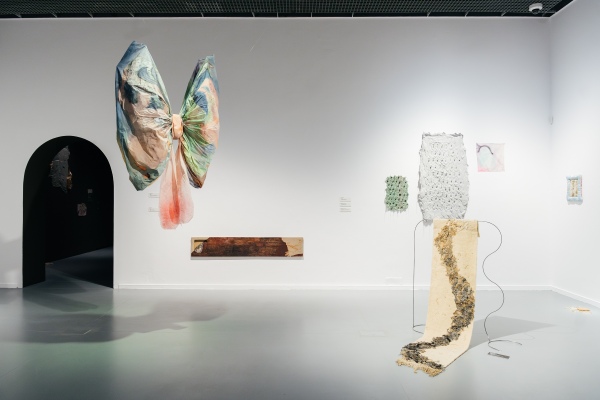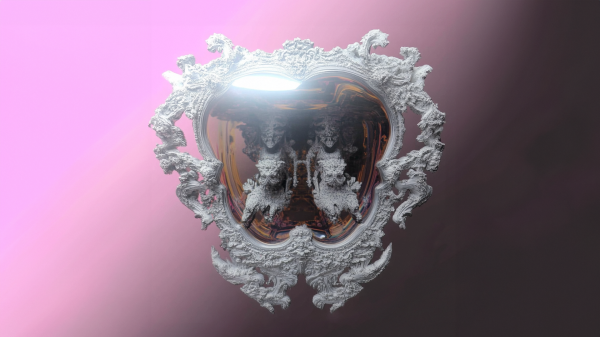05/06—30/11/2018
project
Jazdów City Garden
Naturomorphic
-
This year’s Jazdów City Garden is, unlike the prior, more functional editions of the project—a cognitive character. Visitors, together with artists as well as botanists from the neighboring Botanical Garden, are looking at nature in the urban environment. They are able to participate in workshops, meetings, and field observations—be it from a treetop platform or in a paralaboratory located underground (in the Cistern). The park space around the building of the Ujazdowski Castle Centre for Contemporary Art is looked at through an "artistic and botanical magnifying glass"; activities are carried out from spring until autumn.
- Recent changes in the law on nature protection in Poland have revived the social debate on the subject of responsibility for the natural environment as well as man’s inevitable dependence on nature. This caused a reflection on, amongst others, the status of trees in the city, especially in Warsaw, where they cannot root properly because of the large amount of war debris left in the soil. This prompted many questions: about the differences in methods of treating trees depending on whether they are in the Białowieża Forest or a metropolis, such as Warsaw; to preserve biodiversity; for entities and offices responsible for the care of nature, especially in times of ecological collapse. The artistic interventions along with the interdisciplinary activities carried out under the City Garden Jazdów project undertake and develop these themes.
- In this project, the term "nature" is used in a variety of ways—both in the sense of the natural environment, nature, and in the set of features of a given place or person. Because, can a pair of trees and a patch of lawn cut by a web of asphalt paths, located between the roads of the expressway, be called nature? A new, pseudoscientific term naturomorphism was also created for the project, understood as the opposite of anthropocentrism, that is, man as the centre of the cosmos, adapting his immediate environment to his needs. Naturomorphic, therefore, presents a reverse perspective in which man is forced to adapt to nature and to other, non-human beings of the biosphere. This situation seems as distant and paradoxical as the claim of city lawns to being nature is paradoxical itself. On the other hand, according to the National Center for Biotechnology Information in the United States, man and tree share as much as 64% genotypes.
- During the events of Jazdów City Garden, visitors are able to look at more than just the vegetation in the park surrounding the Ujazdowski Castle; various groups of organisms dependent on the vegetation’s development—fungi, insects, birds and inorganic matter—are looked at with a microscope. Specially for this purpose, a platform for observation was built in the canopy of trees (designed by Anna Siekierska and Maciej Siuda), on top of which workshops as well as botanical research are conducted. An inventory of the trees in the park surrounding U– jazdowski took the form of a spatial installation titled Rings (Diameter at Breast Height), showing the phenomena and biodiversity of Jazdów flora. These are, as the title suggests, rings located on trees, describing their characteristics. One of the infected trees will receive immunity—a special prosthesis will be put on it to maintain its vitality for as long as possible.
- Iza Tarasewicz will prepare a land art work of a utilitarian nature. It will be a place of rest, melting into the landscape, and above all, sharing space and time with other people, but also with non-human organisms in the park, a space for affirmation and tranquility. The duo of Juan Duque and Sam de Vocht tried to reclaim space for nature. Their performative action as taking place on a designed by them speakers' corners—an area in England where open-air public speaking, debate, and discussion are allowed. In addition, Karolina Ferenc created a paralaboratory in the Cistern, wherein she experiments with the soil every day.
- Employees of the public administration as well as other various entities responsible for urban greenery will also be invited to participate in the project. During a series of workshop meetings, experts will develop methods of working with the vegetation of Jazdów.
- A documentary made by Kacper Bartczak will be a kind of summary of this year's edition of the project.
- To what extent will the visitors and participants be able to adopt the naturomorphic perspective and look differently at the balance of forces in nature? Certainly, the first step in achieving this goal is to become acquainted with nature and its morphology, for which the next few months in Jazdów will provide an opportunity.
Today at U–jazdowski
